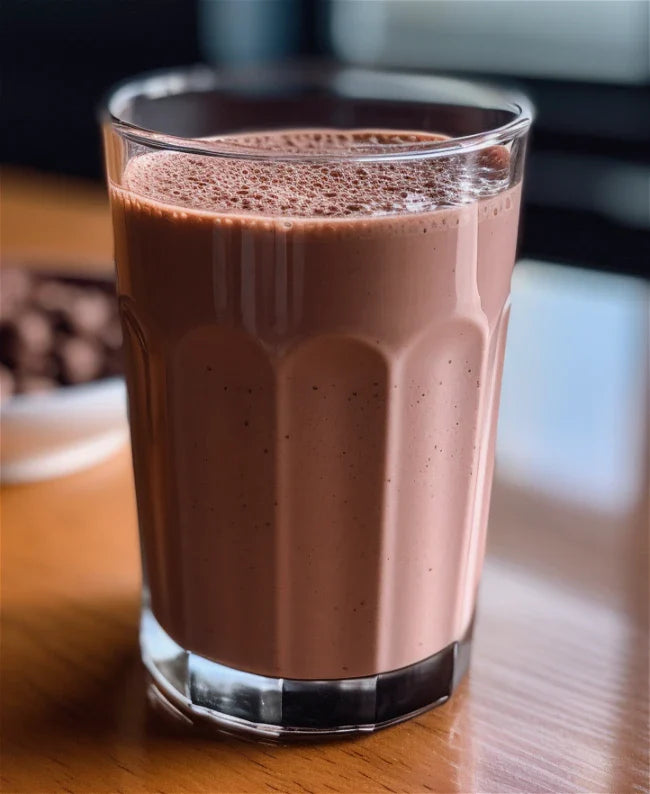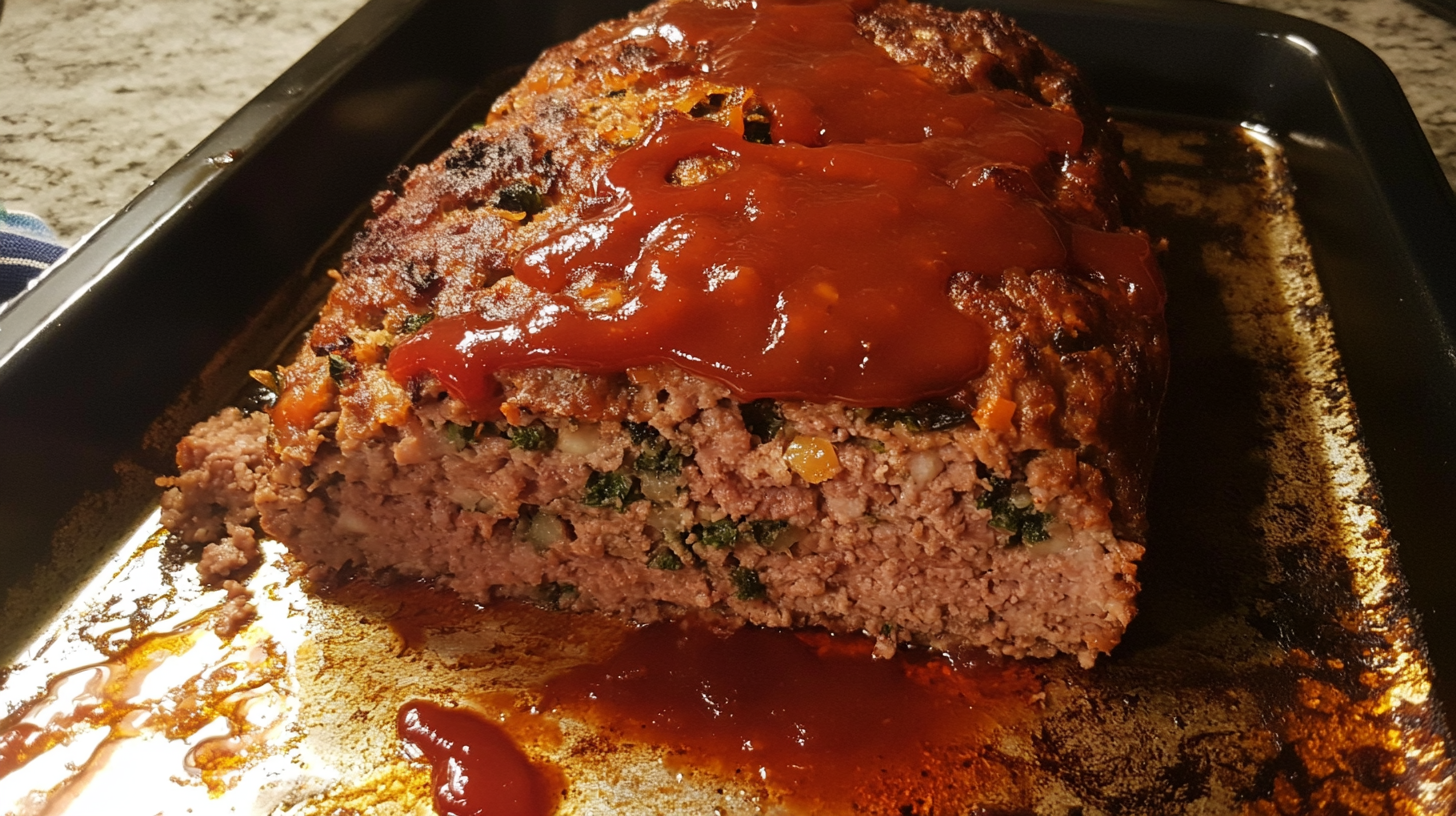Your cart is empty

GLP-1 Drugs After Bariatric Surgery: What Pilot Studies Show
GLP-1 Drugs After Bariatric Surgery, Study Review
Kevin Huffman, DO
Licensed Bariatric Physician, American Bariatrics
Date: September 22, 2025

Abstract
Weight regain affects many after bariatric surgery, threatening health benefits. GLP-1 receptor agonists (GLP-1 drugs) like semaglutide and tirzepatide help manage this issue. This article reviews recent pilot studies, including the GRABS trial, showing 10–15% extra weight loss when these drugs are used after surgery. However, stopping the drugs often leads to regain (60–70% within a year). Side effects like nausea are common but manageable. Combining these drugs with lifestyle changes could improve long-term results, but bigger studies are needed.
Keywords: Bariatric surgery, GLP-1 drugs, weight regain, tirzepatide, semaglutide
Introduction
Bariatric surgery, like gastric bypass or sleeve gastrectomy, helps people lose 20–30% of their body weight in the first year. But 20–30% of patients regain weight (10% or more of what they lost) within 5 years, which can bring back health problems like diabetes. GLP-1 drugs, originally for diabetes, are now used for weight loss because they curb hunger and improve blood sugar. About 14% of bariatric patients start these drugs within 10 years, especially after sleeve surgery. While they work well short-term, we need to know if they keep weight off long-term. This review looks at new pilot studies to guide doctors and patients.
The Problem of Weight Regain
After surgery, most patients lose weight quickly, then stabilize or regain some. By year 5, many regain 10–15% of their lost weight due to hormone changes, eating habits, or surgery effects wearing off. Sleeve patients are more likely to regain weight than bypass patients. This regain can cause diabetes or heart risks to return, making extra treatments necessary.
How GLP-1 Drugs Help
GLP-1 drugs like semaglutide (Wegovy®) and tirzepatide (Zepbound®) boost the body’s natural weight-loss signals, helping patients lose 3–17% more weight when started after surgery. They’re especially useful for those who didn’t lose enough or regained weight. Real-world data shows a 5-fold increase in these prescriptions since 2015, driven by tirzepatide’s 2023 approval for obesity.
What Pilot Studies Show
Recent small studies test how well GLP-1 drugs work long-term after surgery. The GRABS trial (2023–2025, 50 patients) gave tirzepatide to people with BMI >30 at least 1 year after surgery. At 6 months, they lost 12.4% of their weight (vs. 2.1% without the drug), and 68% kept off at least 10% by 1 year. Blood sugar also improved in diabetic patients. Another study (2024, 45 patients) found semaglutide helped maintain 14.2% weight loss at 1 year, compared to 5.8% in those who stopped. A third trial showed tirzepatide kept off 13.2% of weight by 18 months when paired with lifestyle changes. These studies suggest 10–15% extra weight loss, but they’re small and don’t include many diverse patients.
Long-Term Challenges
A 2024 analysis of 769 patients showed GLP-1 drugs led to about 4 kg more weight loss than no drugs. But stopping the drugs caused 60–70% of the weight to return within a year, especially after sleeve surgery. Nausea affected some (about 1 in 5), leading 15% to quit, but serious side effects were rare. Cost and access are big hurdles, especially for Black patients or those with lower incomes. Combining drugs with counseling improved results by 25%.
Looking Ahead
Bigger studies, like the REVERSE-IT trial (2024–2026), will track results over 3–5 years. Tools like genetic testing could help pick the best patients for these drugs. Making these drugs more affordable and covered by insurance is key.
Conclusion
GLP-1 drugs like tirzepatide and semaglutide can help keep weight off after bariatric surgery, adding 10–15% loss in pilot studies. But stopping them often leads to regain, so long-term use or lifestyle support is crucial. As these drugs become more common, doctors should guide patients on their benefits and challenges to maintain health gains.
References
https://clinicaltrials.gov/study/NCT06162715
https://jamanetwork.com/journals/jamanetworkopen/fullarticle/2825349
https://onlinelibrary.wiley.com/doi/10.1111/obr.13811
- Choosing a selection results in a full page refresh.











